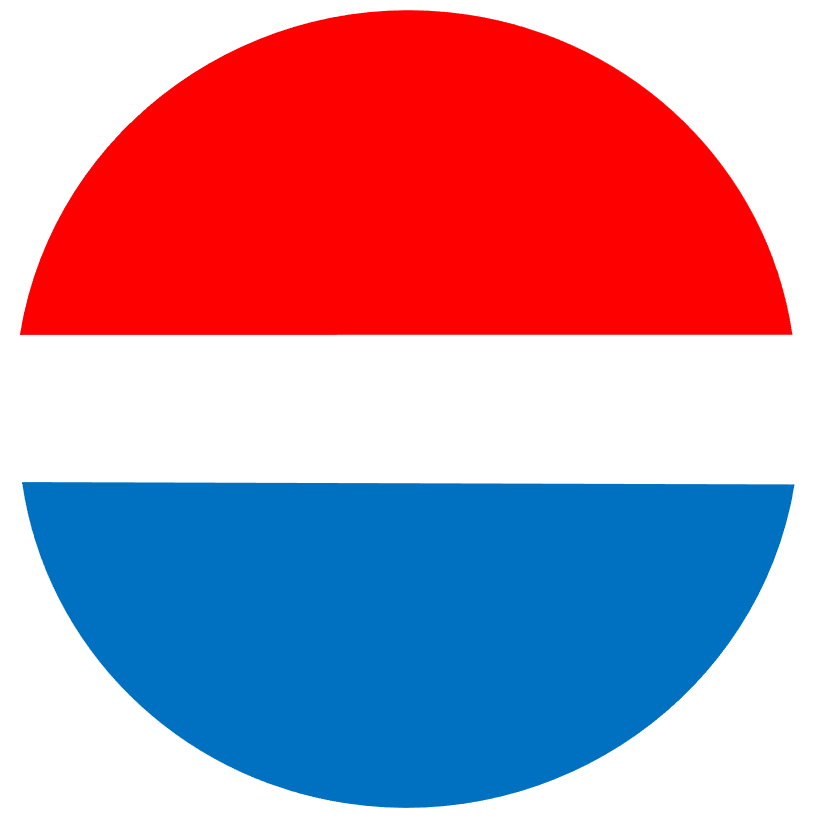Introduction
The changes to the amendment regarding the allocation of pensions is particularly striking.
In this text ‘pensions’ also include ‘annuity’ and social security benefits. However, government pensions are not included in this definition and won’t discussed here. A ‘resident’ refers to a ’tax resident’.
Amendment to the allocation of taxing rights on pensions
Allocation of taxing rights on pensions prior to the amendment
On 9 November 2011 a new tax treaty between Switzerland and the Netherlands became effective. A shift took place with regard to the right to tax pensions. Under the previous tax treaty, the right to tax pensions was allocated exclusively to the country of residence of the pensioner (the country or state of residence).
Under the new treaty, the state of residence is still allowed to levy taxes, unless:
1. there was tax-facilitated pension accrual in the country where the pension rights were built up (the country or state of source), and
2. the pension benefits in the country of residence are not included in the taxation of the country of residence, or are taxed there at less than 90% of the generally applicable tax rate, and
3. the total pension benefits from the country of source amount to more than € 20,000 in a calendar year.
If these three cumulative conditions are met, the country of source may levy tax on these pension benefits.
Ad 1. Fiscally facilitated pension accrual
The Dutch pension system qualifies pension payments as deferred wages . This means that the pension accrual and pension entitlement are exempt from taxation in the Netherlands. However, the pension benefit is taxed.
Emigration to (in this case) Switzerland before reaching retirement age creates a tax leak for the Netherlands: the pensioner has never paid tax in the Netherlands on his pension accrual and pension entitlement and now – without further stipulations – also not on the pension payout. The Netherlands does not consider this as a desirable situation. In their treaty negotiations the Netherlands therefore try to include a provision that nevertheless gives the Netherlands a right to tax the payouts of a Dutch pension even if the pensioner lives abroad, in this case in Switzerland.
Ad 2. Not taxed, or included for less than 90% of the applicable tax rate
If a Swiss resident receives a pension benefit from the Netherlands and this income is not taxed in Switzerland, or taxed at a rate less than 90% of the generally applicable Swiss (federal, cantonal and/or municipal) income tax rate, then the Dutch position is that too little tax is being levied.
Ad 3. More than € 20,000 in a calendar year
In their tax treaty negotiations, the Netherlands take the position that pensions should solely be taxed by the country of source. In the negotiations with Switzerland it was agreed that this only applies if the total annual pension payments exceed € 20,000.
For example:
In 2020 a Swiss resident received a Dutch pension of € 16,000 and a Dutch Old Age State Pension (‘AOW’) of € 5,000, so a total of € 21,000. The pension accrual was subject to a tax facility in the Netherlands. The benefit is taxed in Switzerland at the generally applicable rate.
While the first and third conditions are met, the second condition is not met. This means that the main rule applies: both the pension and AOW are allocated to Switzerland for taxation.
Allocation of taxation rights on pensions as a result of the amendment
Due to an increase in the number of taxpayers who enjoy their pensions abroad, the Netherlands would like to retain the right to tax the pension rights accrued in the Netherlands as a source of taxation when these are paid out. The amendment protocol will have to be viewed in this light.
In the amendment protocol, the following shift takes place: all pension benefits (both private and from a social security system), other similar rewards and annuities are allocated for taxation solely to the state of source. If the payments are of a periodic nature, the levy is limited to a maximum of 15% of the gross amount of the payment. Lump sum payments are excluded from this tax limitation.
Implications of the amendment protocol
Where the nuances of the tax treaty (prior to amendment) for pensions totalling less than € 20,000 were generally allocated to the state of residence for taxation, a strict allocation to the source state now applies. To illustrate, the following examples:
Example – Swiss resident receiving Dutch pension
In 2021 a Swiss resident receives a Dutch pension of € 16,000 and an AOW of € 5,000, so a total of € 21,000. Contrary to the example mentioned above, the Netherlands may now levy a maximum of 15% on both the pension and the AOW.
For Dutch pension providers, as well as the Sociale Verzekeringsbank (in charge of paying out the AOW), this means that Dutch wage taxes have to be withheld.
For the Swiss resident, the need to file a Dutch personal income tax return arises. For taxes paid in the Netherlands, an exemption can be claimed in the Swiss tax return.
Should you know someone who could be affected by this change and if help is needed to comply with Dutch tax obligations, please feel free to contact me by using the contact form below. For the practical consequences of the Swiss declaration, a Swiss tax specialist should be contacted. If desired, I can also help you with this.
Example – Dutch resident receiving Swiss pension
In 2021, a Dutch resident receives a Swiss pension of € 16,000 and an AHV (Swiss Old Age State Pension) of € 5,000. In total, the gross pension amounts to € 21,000, on which Switzerland may levy a maximum of 15% on both the pension and the AHV.
This income must be included in the Dutch personal income tax return. For this income, a prevention of double taxation can be claimed. The Swiss tax authorities may require a Dutch resident to pay Swiss taxes. In this case please contact a Swiss tax specialist. If desired, I can also help you with this.
Effective date and transitional law
The amended tax treaty is applicable as of 1 January 2021. This means that the amended treaty applies to tax years and periods commencing, or taxable events occurring, on or after 1 January 2021.
No transitional arrangement is included in the amendment protocol. This means that the amended tax treaty automatically applies to both current and future pensioners as of 1 January 2021.





